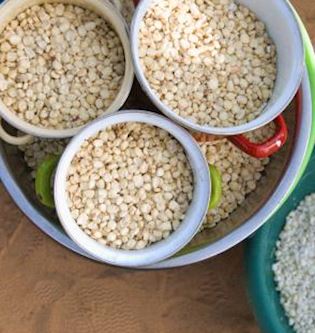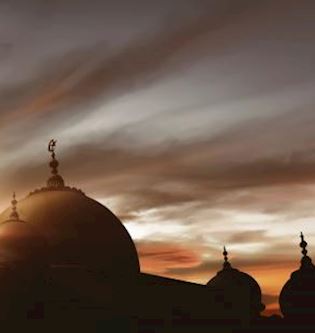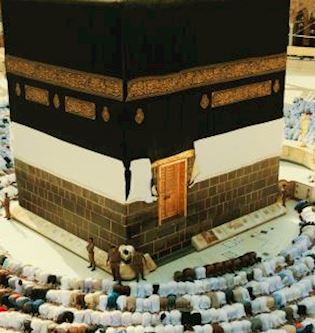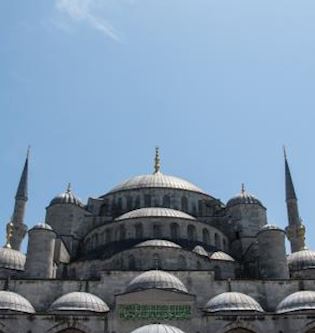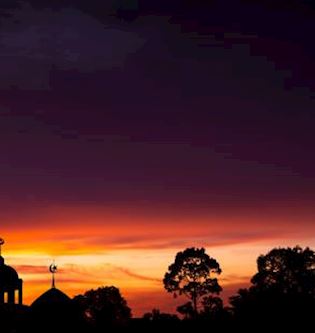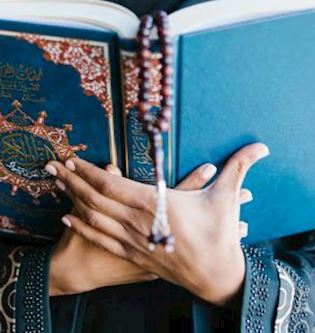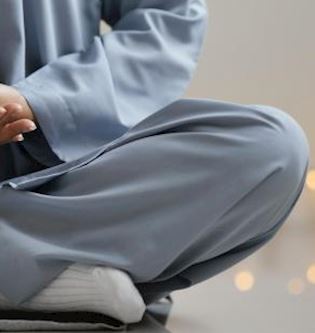First day of Hajj Mina 8 Dhul-Hijjah: A step-by-step guide to Rules and Rituals of Hajj
What is Hajj?
Hajj is a mandatory annual Muslim pilgrimage in Islam, established by Prophet Muhammad. Rooted in Islamic tradition, Muslims go through certain rituals as taught and done by Prophet Muhammad (pbuh) for four days to please Allah (swt).
How many days is the Muslim pilgrimage Hajj?
Hajj is 5 to 6 days long.
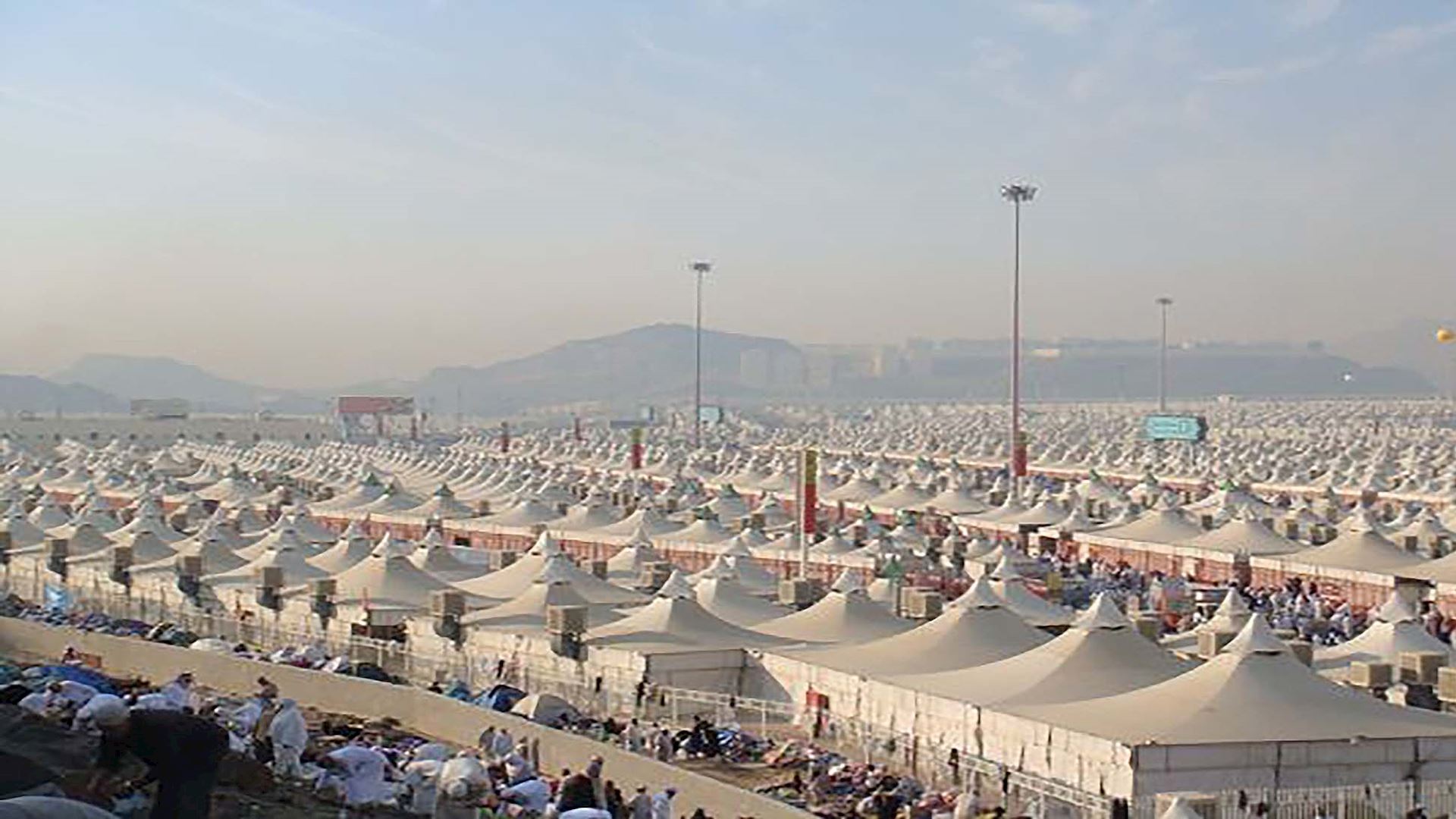
What are the types of Hajj?
Though there are two types of pilgrimages - umrah and Hajj, there are different ways to perform Hajj.
Types of Hajj refer to how you choose to begin your Hajj. As such, there are three ways you can begin your Hajj journey.
What is hajj Tamattu?
Tamattu`: This type of Hajj consists of two separate intentions. An intention for Umrah is made before the Miqat is crossed whilst the intention for Hajj is made in Makkah after the Umrah has been completed. When pilgrims enter the state of Ihram for Umrah, they perform the rituals and then exit Ihram. Later, pilgrims enter the state of Ihram again for Hajj. Tamattu signifies enjoyment because you get to do Umrah and Hajj together. (Mostly by non-locals or who travel far away for Hajj)
What is Hajj Ifrad?
Ifrad: This type of Hajj involves making one niyyah for the sole purpose of performing Hajj without Umrah. (normally done by locally in Mecca or within Miqat boundaries)
What is Hajj Qiran?
Qiran: This type of Hajj involves combining Umrah and Hajj, with only one niyyah and Ihram for both.

Which type of Hajj is best for performing Hajj?
Which Hajj is best for you depends on where you are coming from, as that will decide what sort of niyah you do.
What is the first day of Hajj called?
This day is called Yawm at-Tarwiyah or the day of preparing water or water collection. The first day of Hajj begins in the holy city of Mecca, where pilgrims gather and prepare for the rituals ahead.
What are the rituals of the first day of Hajj?
If you are doing tamattu` Hajj, put on your ihram clothing again and make the intention of Hajj saying “Labbayka Allahuma Hajjan” (O Allah, I answer Your call by performing Hajj)
Now you are ready to undertake the rituals of Hajj. Pilgrims who perform ifrad or qiran Hajj are already in the state of ihram so they skip this step.
But no matter how you have begun your Hajj Journey, the first day of Hajj (8 Dhul Hijjah) for everyone is the same:
-
After the Fajr morning prayer in Makkah, you begin your walk towards Mina. Mina is a small city located approximately 8 kilometers to the east of Mecca.
-
This walk is a time of contemplation and prayer, with the Talbiyah chants echoing amongst the pilgrims’ crowd.
Before heading to Mina, pilgrims visit Masjid al-Haram, the holiest place for Muslims, to perform initial rituals such perform tawaf or sai. Pilgrims return to Mina two days later for animal sacrifice.
Upon reaching Mina pilgrims are provided with tents for their overnight stay. This signifies the commencement of their spiritual journey and leaving their worldly concerns behind. However, unlike later in Mount 'Arafat and Muzdulfiah these tents are air-conditioned, while in the latter two places, you will only have access to sleeping bags and open tents. Pilgrims are advised to pack essential items for their days in Mina since there are no shops in Mina or Arafat.
Pilgrims perform the following prayers during their stay in Mina:
-
Dhuhr
-
Asr
-
Maghrib
-
Isha
-
Fajr of 9th Dhul-Hijjah.
(After Fajir on 9th Dhul Hijjah pilgrims leave Mina to go to Arafat.)
The prayers of Dhuhr, Asr, and Isha are shortened to two rakahs.
This journey can be difficult for many pilgrims because it’s a tiring journey with a lot of walking. And at the end of it, you are deprived of the comforts you would have at a hotel or your home. Spending all day in the heat and rocky landscape with limited access to food and water takes a toll on the body and mind. The time spent in Mina establishes the mood for the forthcoming days, as it’s followed by the day of 'Arafat, Muzdalifah, Rami and hadi. Thus, you are encouraged to stay hydrated and attentive to your body as much as possible so that you do not faint or get sick later in the journey.







